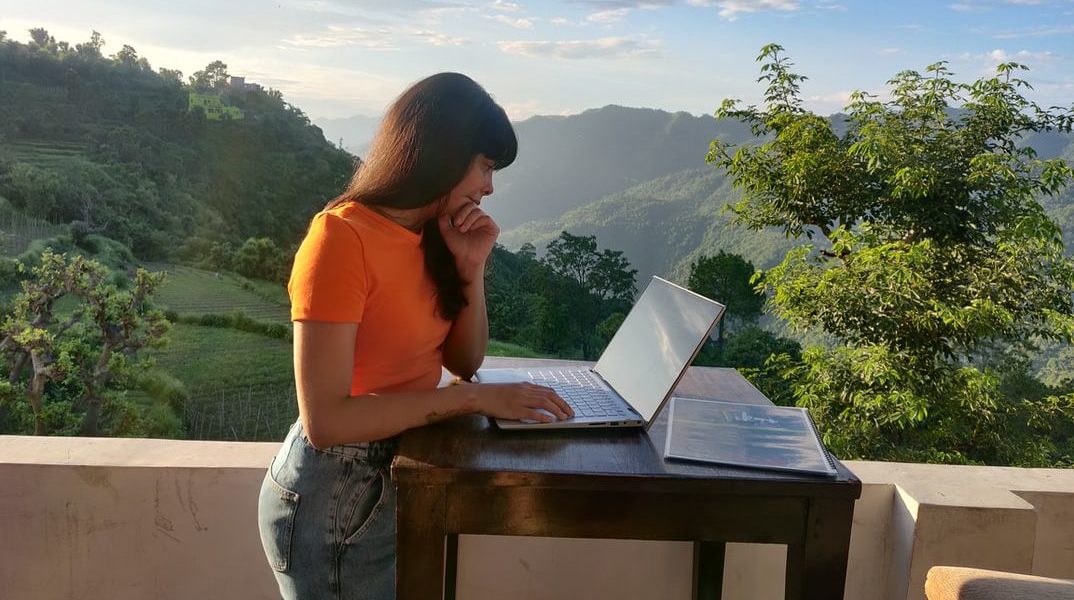A few moments after emerging from the azure Croatian sea and towelling off, he dons a shirt and tie and sits in front of his laptop awaiting further instructions. This might sound like a scene from the new James Bond film, but it is in fact the enviable daily routine recently enjoyed by a friend of mine on a working holiday.
Now that many employees can work from anywhere with Wi-Fi or a phone signal – in other words, from anywhere – working holidays are more popular than ever. This is not just a pandemic fad, with many companies committing to flexible working for the mid-to-long-term. Ocado, for example, now offers one month of fully remote work to their staff annually.
This summer, 19% of urban British workers planned working holidays. Destinations such as Croatia, Portugal and Spain now offer digital nomad visas, facilitating long-term working travel. Working holidays, however, impact all types of travellers, from those looking to travel semi-permanently to those extending their weekend break with a day or two of remote working.
In May, Airbnb published a report outlining their vision of a future in which the lines between travel and living are increasingly blurred by remote working. They found that almost three quarters of consumers are interested in living and working abroad after the pandemic, and more users than ever are booking long-term stays. Short trips on the platform have been impacted as well, with 3/4-day family weekend breaks up 70% from this time 2 years ago.
Accordingly, Airbnb have redesigned their search function to increase flexibility in terms of both date and location and have added a Wi-Fi speed-testing tool. Travel agents can also tailor their offerings to remove the stress of planning working holidays. TUI recently launched a range of “workation” packages in over thirty hotels, with activities such as pre-work Yoga and rooms with good Wi-Fi, desks, and balconies.
For consumers, working holidays could lead to a mindset shift from seeing travel as a hobby to more of a lifestyle. It can feel like we wait forever for a holiday, and once we go on them the schedules are so jam-packed that they pass by almost instantly. Working holidays offer more time away, with a more relaxed pace and potentially a more authentic experience of local cultures.
As remote working becomes available to more employees, not just freelancers or entrepreneurs, there are opportunities at various ages and for a range of different travellers. There could be the young solo traveller looking to make connections, the large group of working friends seeking a rural retreat from the city, or the family extending their weekend break.
Perhaps there is scope for a new type of hotel or hostel to offer collaborative spaces focused on working, as well as isolated pods for video calls. Most travellers will be restricted to short-haul destinations with smaller time differences, but some will seek out long-haul destinations with a low cost of living, such as Thailand, justifying expensive flights with a longer stay. Longer stays might also result in travellers seeking out cheaper, more rural destinations in which they can work in beautiful surroundings. Travel can also become more spontaneous without the need to arrange leave from work in advance.
Ultimately, this could conceivably lead to more travel overall, at least for those who can afford it, and longer stays as trips of all kinds can be extended slightly or significantly by working remotely. So don’t be surprised if the next time you see your colleague sitting in front of a palm-tree-lined beach, it’s no longer just a photoshopped background.


